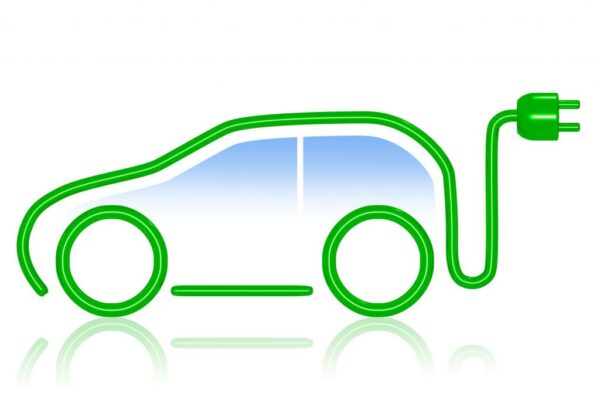A sustainable power organization in Thailand has electric vehicle vision

Thailand needs to have 1 million electric vehicles on its streets by 2025 and is trusting that it will develop to 15 million per decade after the fact.
Energy Absolute differentiated into the business EV business in 2019, yet the pandemic has impacted the organization’s introduction to EVs.
The biodiesel maker and sustainable power’s supplier will likely introduce 1,000 charging stations cross country in the following not many years.
One organization attempting to pull off this accomplishment is Bangkok-based Energy Absolute. The biodiesel maker and sustainable power organization entered the business electric vehicle business in 2019.
Many individuals anticipate that electric vehicles should be essential for a future world that depends on sustainable power. In any case, barely any EV organizations have begun as environmentally friendly power organizations.
In March of this current year, Thailand put out an objective of 1 million electric vehicles on its streets by 2025 — and it trusts that figure will develop to 15 million per decade after the fact. That would incorporate private autos as well as business vehicles — conveyance vans, trucks, transports and such.
In March of this current year, Thailand set an objective of 1 million electric vehicles on its streets by 2025 – and it trusts that figure will ascend to 15 million every decade after the fact. This would incorporate private autos, yet additionally business vehicles – conveyance vans, trucks, transports and others.
Ahunai told “Overseeing Asia” that the public authority’s endeavors to advance EV reception in Thailand have assisted him with beginning the undertaking, and presently he says he’s asking the public authority “to open up the market and make an ideal approach for the EV market.”
A previous protections broker, Somphote Ahunai, began Energy Absolute in 2006. He took the organization public in Thailand in 2013 and started venturing into energy stockpiling in 2016, when the organization procured shares in Taiwan-based Amita Technologies, an energy stockpiling producer. It’s presently in the last phases of building a $3 billion battery gigafactory venture to make lithium-particle batteries.
Nonetheless, the pandemic impacted the organization’s introduction to electric vehicles. A request for 3,500 five-seater hatchbacks was dropped by a neighborhood taxi organization as the travel industry evaporated. Ahunai made a speedy go to zero in on utility vehicles and battery stockpiling all things being equal.
Notwithstanding, the pandemic has impacted the organization’s introduction to EVs. A request for 3,500 five-seater hatchbacks was dropped by a neighborhood taxi organization as the travel industry evaporated. Ahunai made a speedy turn to zero in on business vehicles and battery stockpiling all things considered.
Ahunai will likely introduce 1,000 charging stations cross country in the following not many years.
Japanese, American and German automakers all have fabricated vehicles in Thailand, yet regardless of the country’s auto-production mastery, it doesn’t have a globally perceived vehicle brand of its own. Ahunai said he accepts EVs could change that. He needs Energy Absolute to be up front on that work.
At the present time, the greater part of the organization’s income actually comes from environmentally friendly power like breeze and sun oriented, however Ahunai said his introduction to business EVs will be a significant wellspring of future income.
“We accept that by utilizing [our] innovation and Thailand’s [auto-making] foundation, we can utilize that to be the springboard to the worldwide market,” Ahunai said. “At any rate, we can go into the ASEAN market, which has right around 600 million populace. Thus, that is a decent market for us toward the start, in the first place.”
Disclaimer: The views, suggestions, and opinions expressed here are the sole responsibility of the experts. No STOCKS MONO journalist was involved in the writing and production of this article.



